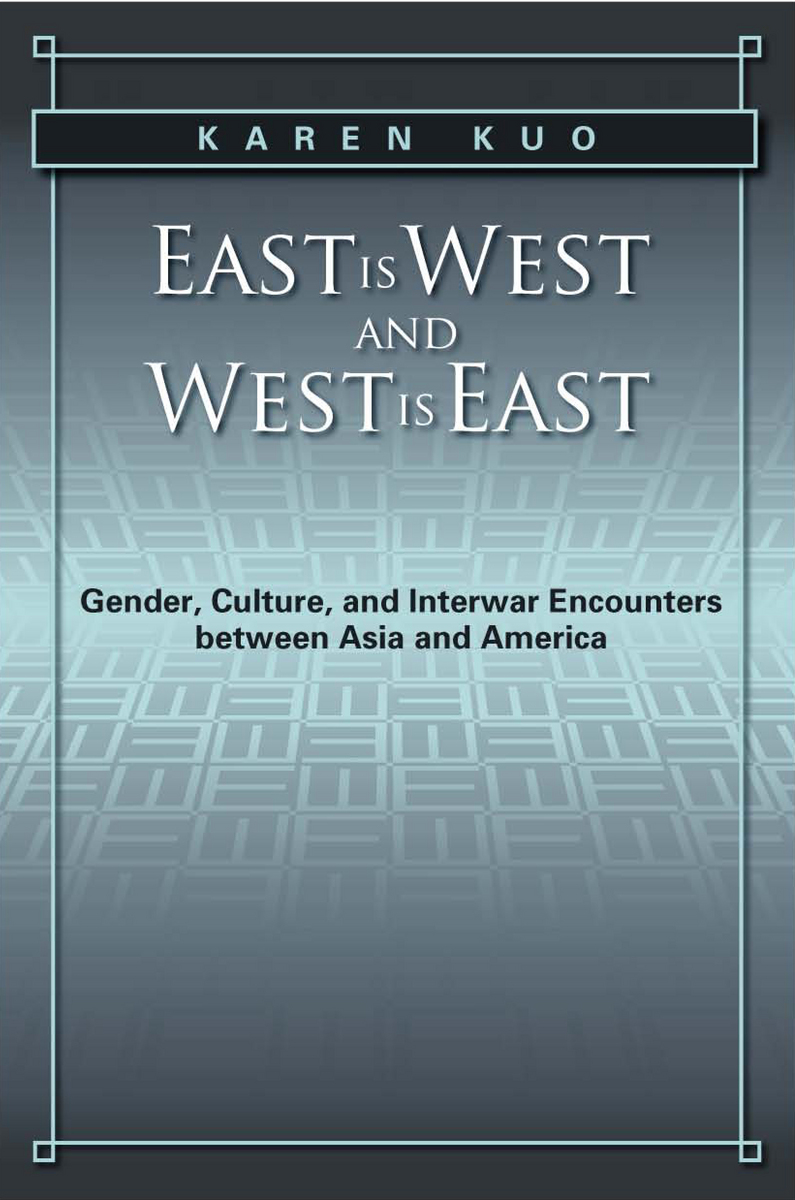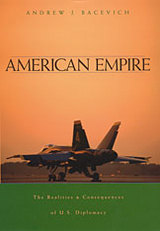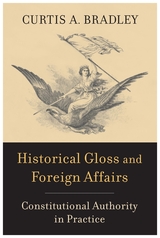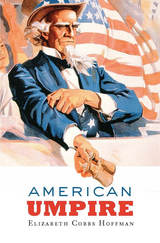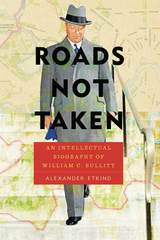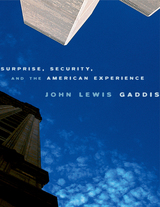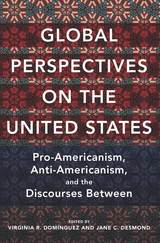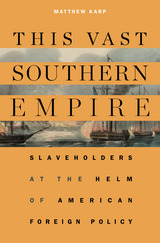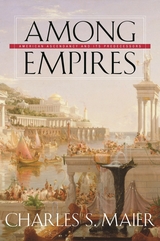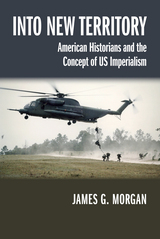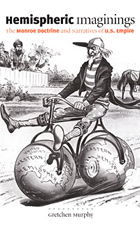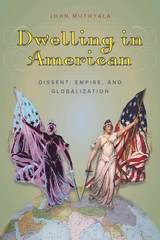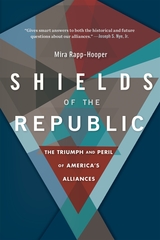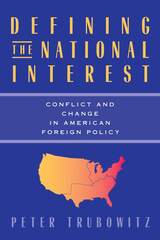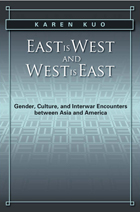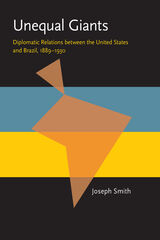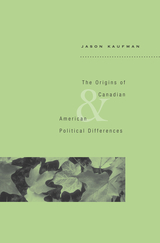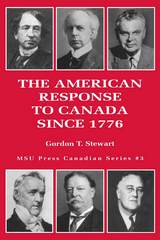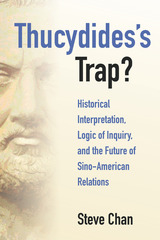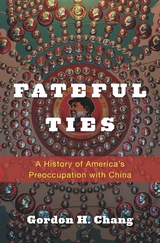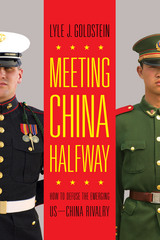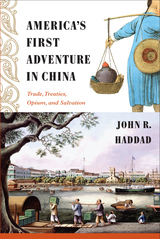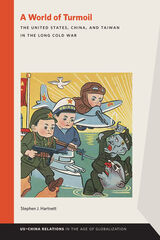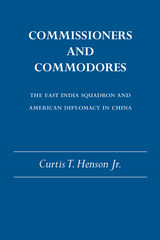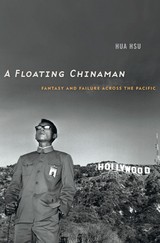Cloth: 978-1-4399-0586-9 | Paper: 978-1-4399-0587-6 | eISBN: 978-1-4399-0588-3
Library of Congress Classification E183.8.A78K86 2012
Dewey Decimal Classification 327.7305
Between 1919-1938, contact between Asia and America forced a reassessment of the normative boundaries of race, sex, gender, class, home, and nation. Karen Kuo’s provocative East Is West and West Is East looks closely at these global shifts to modernity.
In her analysis of five forgotten texts—the 1930 film East Is West, Frank Capra’s 1937 version of Lost Horizon and its 1973 remake, Younghill Kang's novel East Goes West, and Baroness Ishimoto’s memoir/manifesto, Facing Both Ways—Kuo elucidates how “Asia” played a role in shaping American gender and racial identities and how Asian authors understood modern America and its social, political, and cultural influence on Asia.
Kuo asserts that while notions of white and Asian racial difference remain salient, sexual and gendered constructions of Asians and whites were at times about similarity and intersections as much as they were about establishing differences.
See other books on: Asian American & Pacific Islander | Cross cultural studies | Gender identity | Relations | Sex
See other titles from Temple University Press
